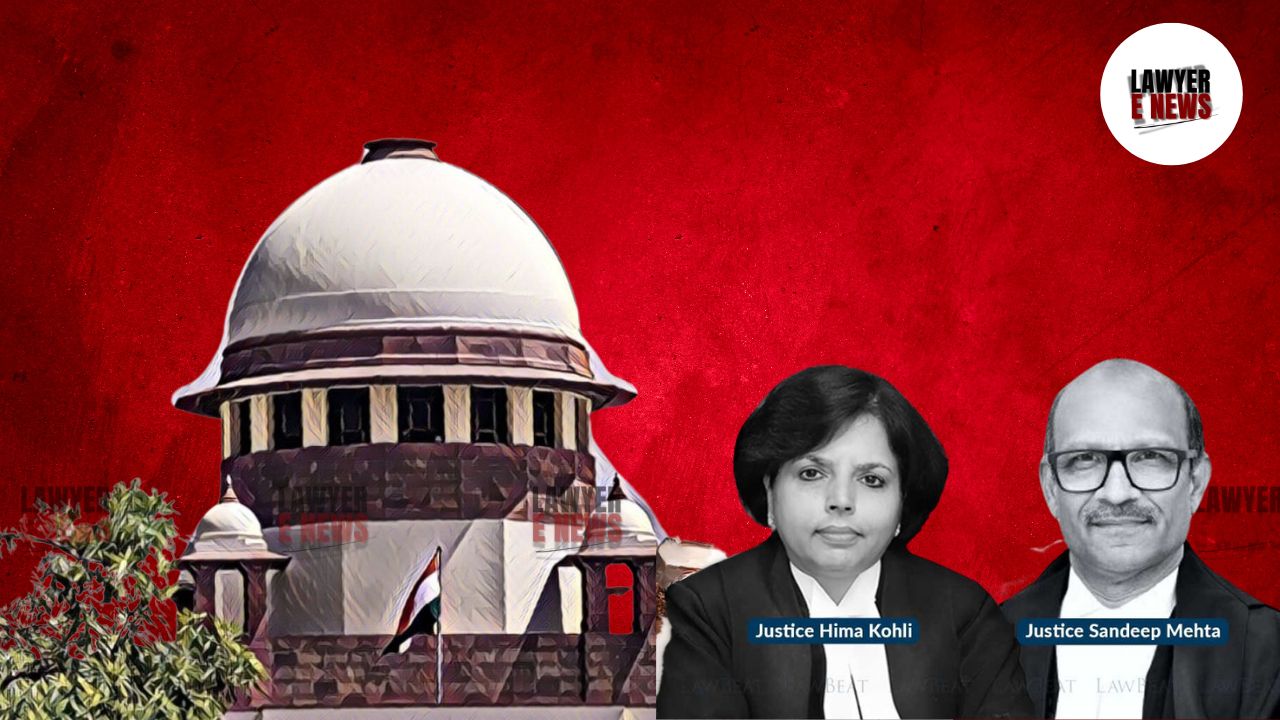-
by Admin
15 February 2026 2:36 AM



In a significant ruling, the Supreme Court of India has dismissed the appeals filed by the Delhi Sikh Gurdwara Management Committee (DSGMC) against the Delhi High Court’s orders related to the closure of Khalsa Boys Primary School. The Supreme Court upheld the NDMC’s right to seek reimbursement from DSGMC for payments made to the school’s staff after the unauthorized closure. The ruling reaffirms the importance of adherence to statutory procedures in school closures.
The case revolved around Khalsa Boys Primary School, operated by the DSGMC within the premises of Gurudwara Bangla Sahib, New Delhi. The school, which was receiving 95% of its funding from the New Delhi Municipal Council (NDMC), became embroiled in legal disputes following DSGMC’s decision to relocate and subsequently demolish the school building without prior approval from the competent authority. The staff of the school, who were left without employment due to the closure, sought legal recourse for compensation and re-employment.
The Supreme Court observed that the DSGMC’s closure of the school without the necessary approval from the NDMC was a clear violation of Rule 46 of the Delhi Education Rules. The court emphasized that any closure of a recognized school requires prior approval, which the DSGMC failed to obtain. Consequently, the DSGMC could not evade responsibility by invoking Rule 47, which pertains to the absorption of surplus staff in case of a lawful closure.
The court rejected DSGMC’s argument that the NDMC should be responsible for the salaries and benefits of the staff following the school’s closure. The Supreme Court clarified that since the closure was unlawful, the DSGMC remained liable for all financial obligations towards the teaching and non-teaching staff. The court affirmed that NDMC’s obligation was limited to paying the staff, with a clear right to seek reimbursement from DSGMC.
The Supreme Court also addressed the issue of interest on delayed payments to the staff. It directed the NDMC to clear all remaining dues, including interest, within eight weeks. The court granted NDMC the liberty to pursue legal remedies to recover these amounts from DSGMC if necessary.
Justice Sandeep Mehta, delivering the judgment, stated, “The question of absorption of surplus staff only arises when the closure of the school is done in accordance with the law, which requires full justification and prior approval from the competent authority.” He further noted, “The DSGMC’s unauthorized actions cannot transfer the burden of employee compensation to the NDMC.”
The Supreme Court’s decision underscores the critical importance of adhering to legal procedures in the management and closure of educational institutions. The ruling not only protects the rights of employees affected by such closures but also clarifies the financial responsibilities of the parties involved. The judgment serves as a precedent, reinforcing the need for compliance with statutory requirements in the closure of schools and the safeguarding of employees’ rights.
Date of Decision: August 28, 2024
New Delhi Municipal Council & Another v. Manju Tomar & Others
